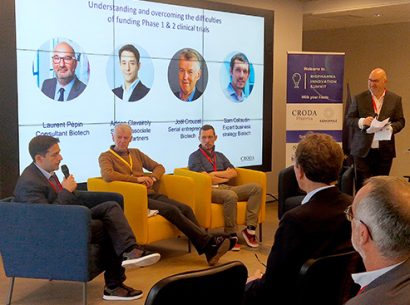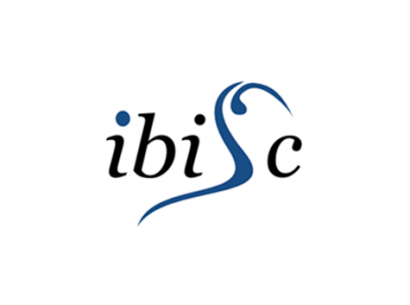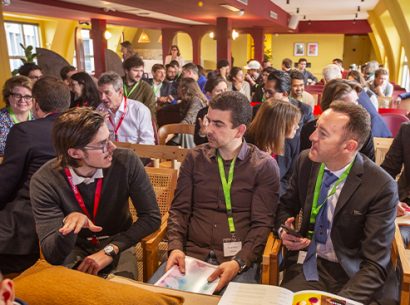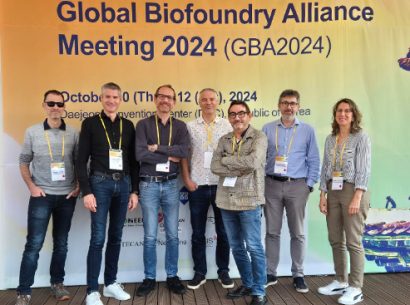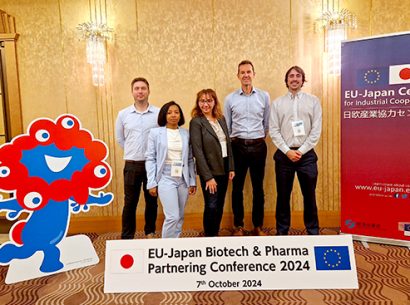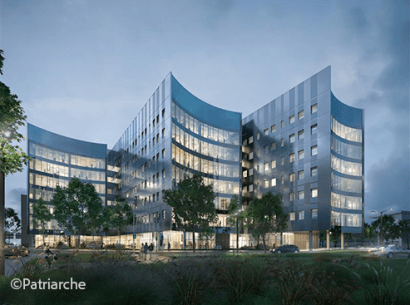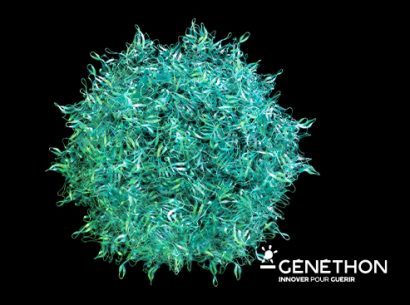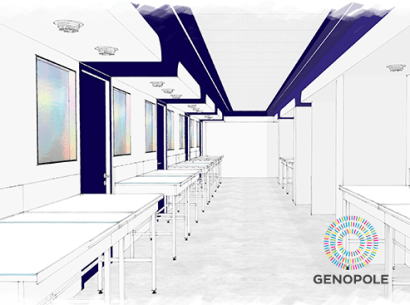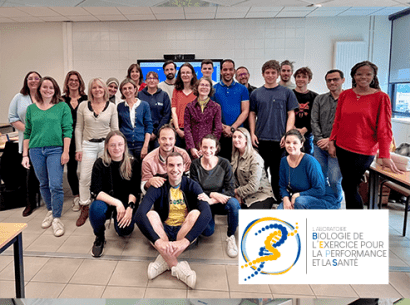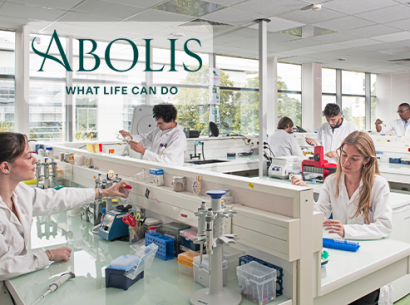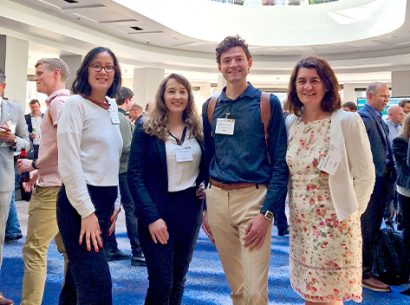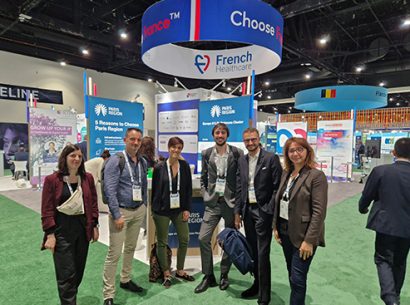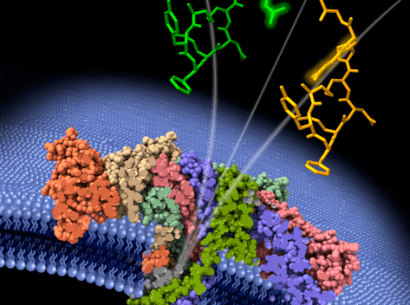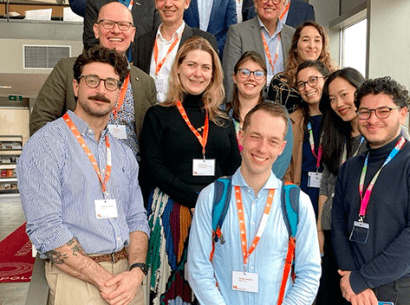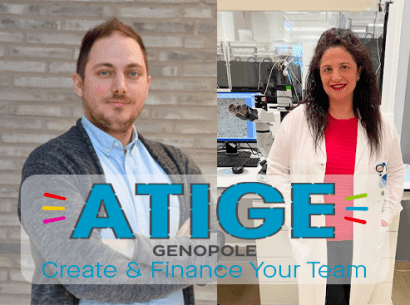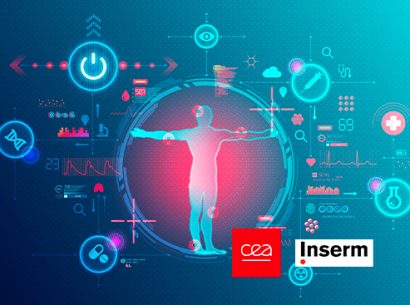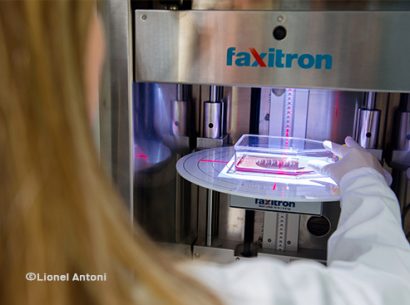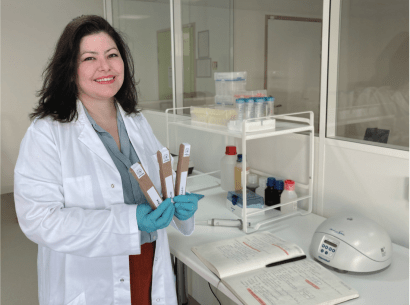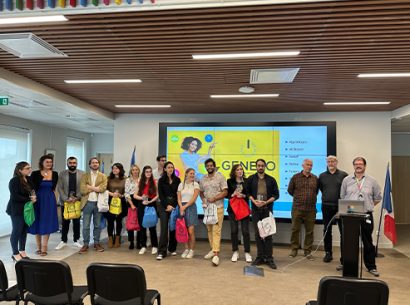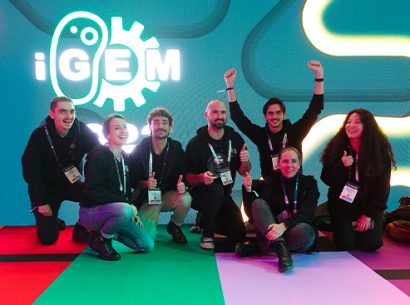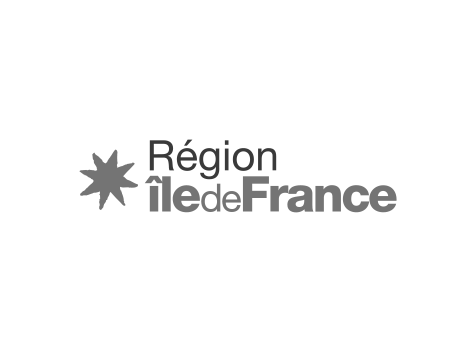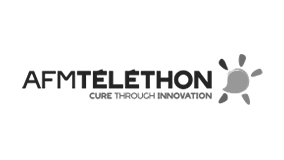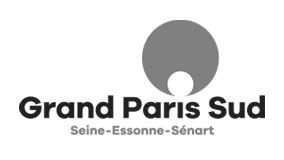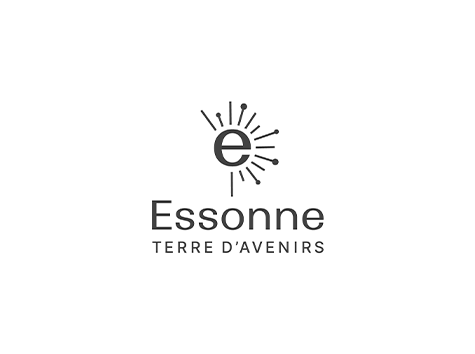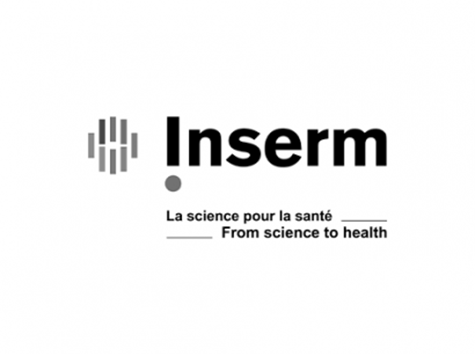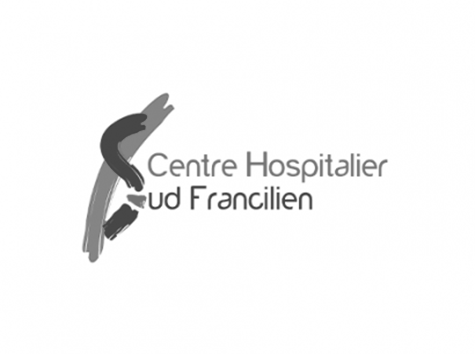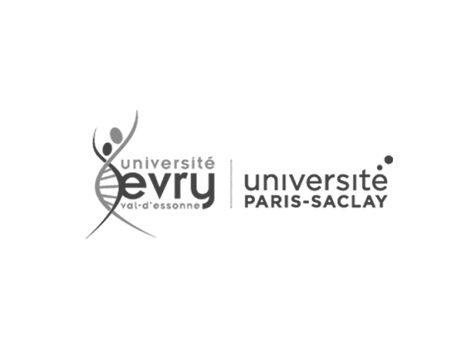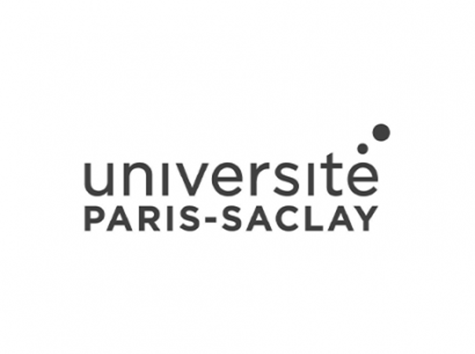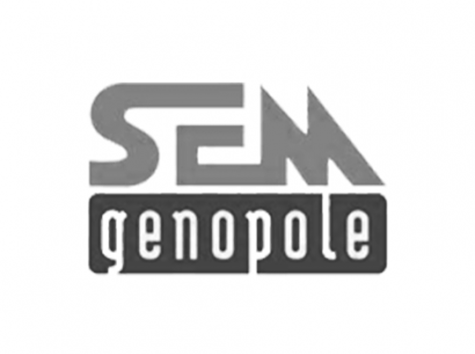The first—mostly complete—sequence of the human genome, of which chromosome 14 was decoded in France by Genoscope, was published eleven years ago, and the adventure continues today. Indeed, in an article dated 31 March 2022 and earning the cover of the 1 April edition of Science, the international Telomere-to-Telomere Consortium reported sequencing the 8% of the human genome that had remained unaddressed. Genopole Research & Platforms Director Christophe Lanneau discusses this important advancement.
Under the codename GRCh38, the most recent human genome reference sequence represented a consensus of several different genomes that had progressively enriched the very first sequence established in 2001. Despite that headway, 8% of the human genome had remained inaccessible because it was composed of highly-repetitive sequences that eluded discrimination and ordering by sequencing techniques*.
Today however, using novel sequencing technologies able to read very long sequences, the Telomere-to-Telomere consortium has filled in those holes. That consortium was created in 2019 with the objective of gaplessly reading each chromosome from one end (the “telomere”) to the other.
Genopole Research & Platforms Director  Christophe Lanneau, analyzes this major scientific breakthrough:
Christophe Lanneau, analyzes this major scientific breakthrough:
« This new human genome reference assembly, called CHM13, provides a very precise map of the highly-repetitive DNA sequences. It determined more than 225 million additional base pairs in a genome counting 3.1 billion. These highly-repetitive regions had remained inaccessible and received insufficient attention for many years. However, we’ve now come to realize their importance in cellular function and some of their roles in disease. This work is a major step forward for science.
These repetitive sequences are found mainly in two key regions of the chromosome: the centromere, a central region that plays a role in cell division and the correct transmission of the chromosome to the daughter cell, and the telomeres, the ends of the chromosome, that shorten as cells age and thus regulate their lifespans.
Being able to explore these sequences will yield new discoveries as to the genetic diversity they contain. These previously hidden sequences are also involved in epigenetic modifications. Epigenetics describes reversible and potentially inheritable mechanisms able to modify gene expression without modifying the underlying code. Epigenetics adapts gene expression to the environment or cell function. An increasing amount of evidence supports its role in organism function and adaptation.
Thus, with the rapidity of Illumina’s next-generation sequencing technology, researchers will be able to generate genomes in a matter of hours while benefiting in parallel from the quality and exhaustivity of this new reference sequence to better understand and interpret DNA sequences. »
In an interview with the newspaper Le Figaro,  the director of the National Center of Human Genomics Research Jean-François Deleuze, underlines the importance of this work for «understanding key biological mechanisms.» He adds:«With current sequencing methods, we understand only about 50% of genetic diseases. Now, we may finally be able to better explain certain orphan diseases.»
the director of the National Center of Human Genomics Research Jean-François Deleuze, underlines the importance of this work for «understanding key biological mechanisms.» He adds:«With current sequencing methods, we understand only about 50% of genetic diseases. Now, we may finally be able to better explain certain orphan diseases.»






